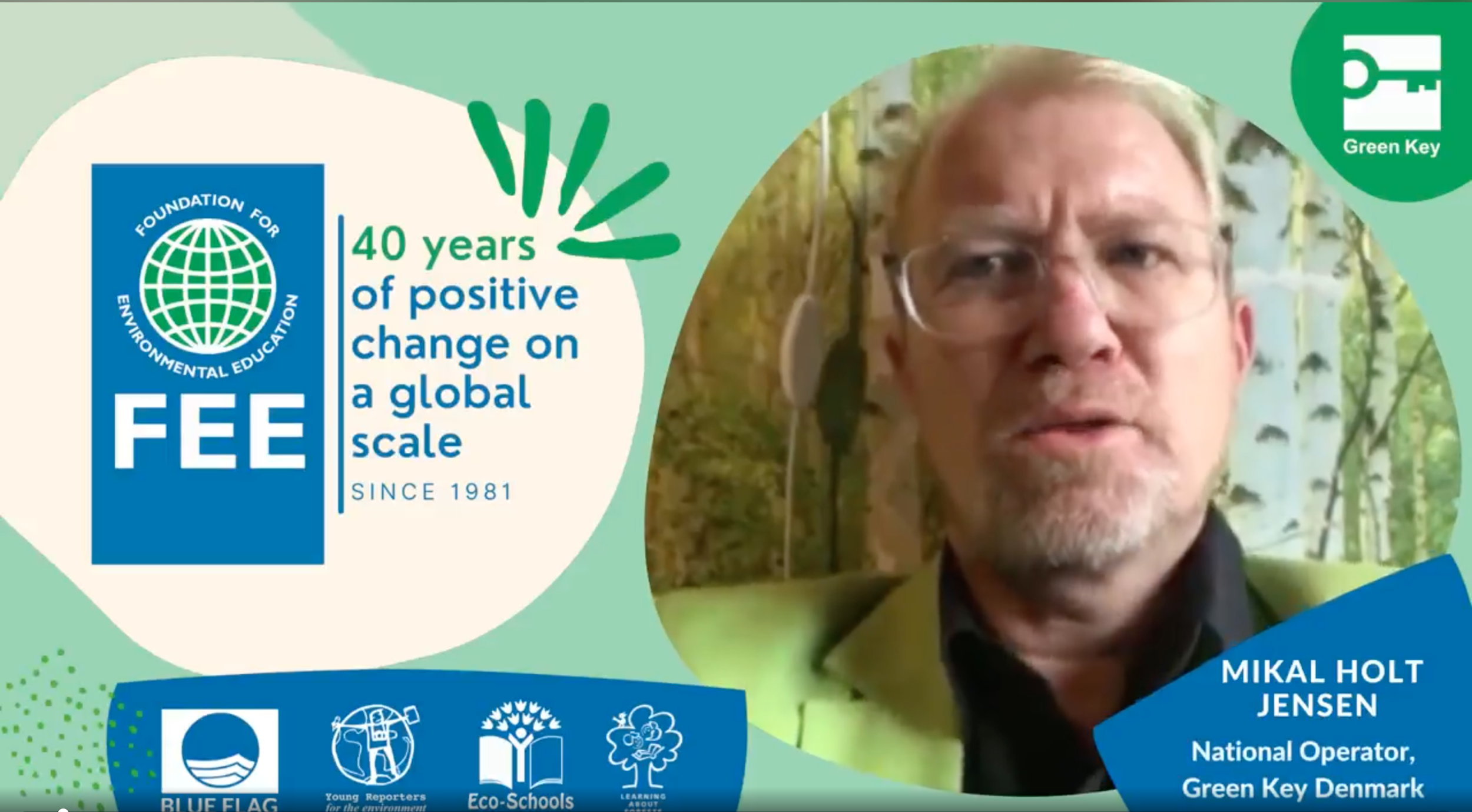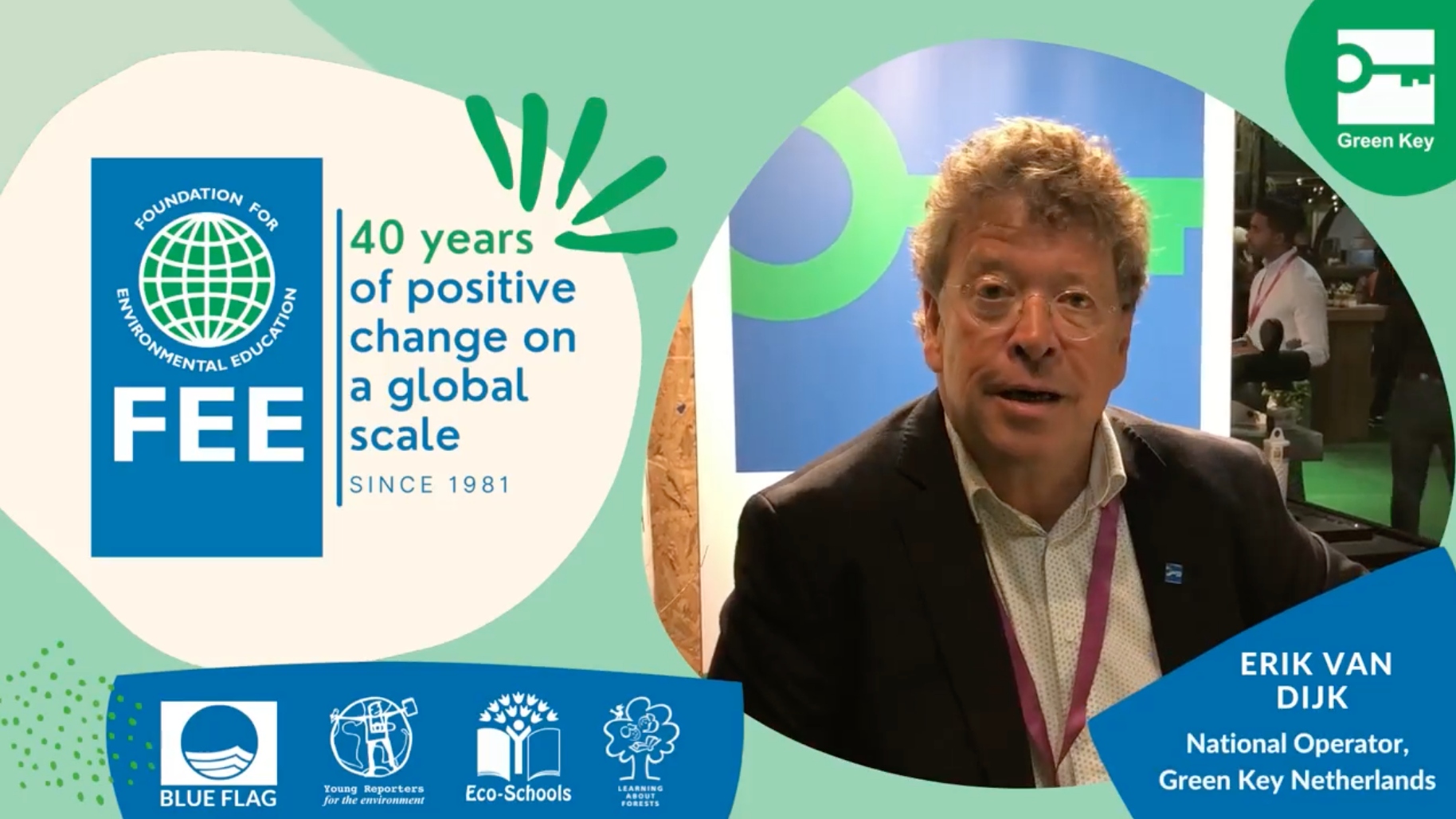Green Key is a leading standard of excellence in the field of sustainable tourism, guiding tourism establishments to do their part in achieving the 17 Sustainable Development Goals set by the UN. In our new feature series we will present each of the 17 SDGs and explain their connection to Green Key.
In 2015, the UN member states adopted the 17 Sustainable Development Goals to guide governments, the private sector and civil society in transforming our world into safer, fairer and more livable place.
On this page, you will learn more about Goal 4: "Ensure inclusive and equitable quality education and promote lifelong learning opportunities for all".
What is Goal 4 about?
According to the UN, poor education, and equity issues regarding the access to education facilities and vocational training are problems that still need to be solved worldwide. Furthermore, Goal 4 explicitly addresses the need for education for sustainable development and sustainable lifestyles.
How does Green Key help to achieve Goal 4?
Although Green Key is not merely an educational programme, it does have a strong educational component that addresses SDG target 4.7, education for sustainable development. The Green Key standard includes various criteria that promote awareness-raising and the active engagement of guest and staff in sustainability actions. Furthermore, ensuring equal access to training and employment is encouraged as well (SDG target 4.5). Many Green Key certified establishments like the Park Inn by Radisson Leuven or the Radisson Blu Alcron Hotel in Prague have special training programmes for disadvantaged social groups, supporting participants in gaining skills relevant for the work in the hospitality sector. Other relevant contributions of the Green Key 2022-2025 criteria to SDG 4 are:
TRAINING OF STAFF - Sustainability education within the establishment is ensured through regular staff training on environmental and other relevant sustainability issues. In the effort to continuously improve operations towards sustainability, it is paramount that the whole organisation is engaged in the green transition, thus ensuring that all parts of the establishment’s activities share a common eco-friendly vision and organic implementation (criterion 2.3);
ENGAGEMENT OF GUESTS - In addition, Green Key certified establishments are required to inform their guests about environmental initiatives, as well as to encourage them to support their work by opting for more sustainable decisions during their stay. For example, guests should have the option to forego sheets and towel changing or room cleaning altogether (criteria 5.1, 5.2, 5.12). Guest support can revolve strictly around the establishment’s environmental management (e.g. water- and energy savings, as well as waste prevention), but also tackle issues related to social, cultural, economic, quality, health, and safety (e.g. support to local charities) and other green initiatives (criterion 3.4). Establishments must make information available for guests about parks and nature conservation areas and about bike rentals, in its surroundings (criteria 12.1, 12.2), and would preferably take action to promote sustainable tourist behavior among its guests (criterion 12.4);
SUSTAINABLE DEVELOPMENT DISSEMINATION - Green Key certified establishments must establish active collaboration with at least two relevant local stakeholders to support the local community in the field of sustainability capacity building. Civil society and other businesses are regarded as potential recipients of sustainable development education provided by Green Key certified establishments (criterion 1.5); moreover, Green Key sites are required to inform third party-operated businesses operating on their premises as well as suppliers about their environmental commitment, and should encourage them run their activities following the principles of sustainability (criteria 13.1, 13.4);
A document describing Green Key’s overall contribution to all 17 Sustainable Development Goals can be downloaded here.


















